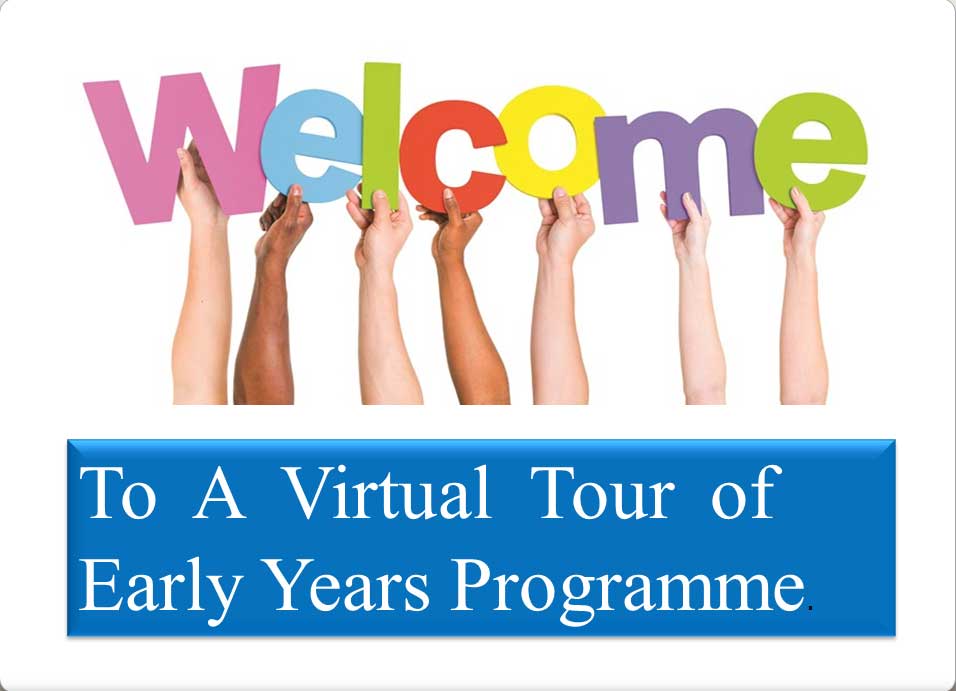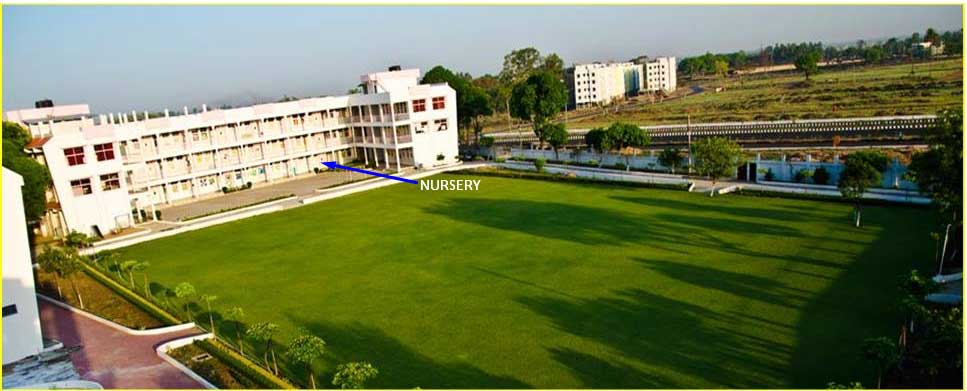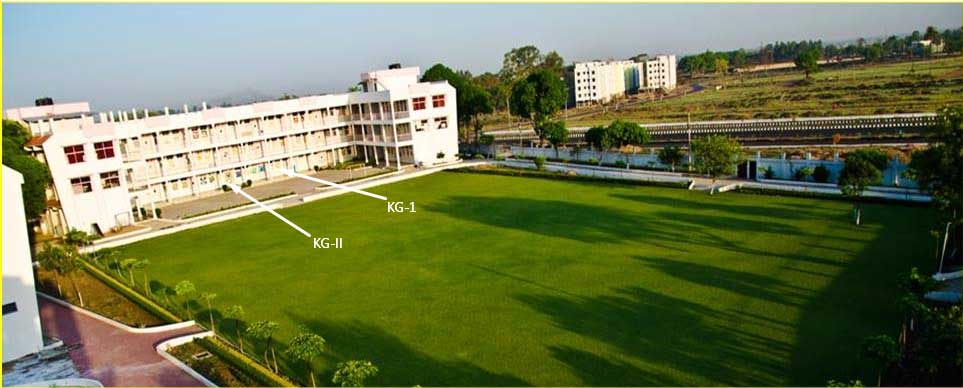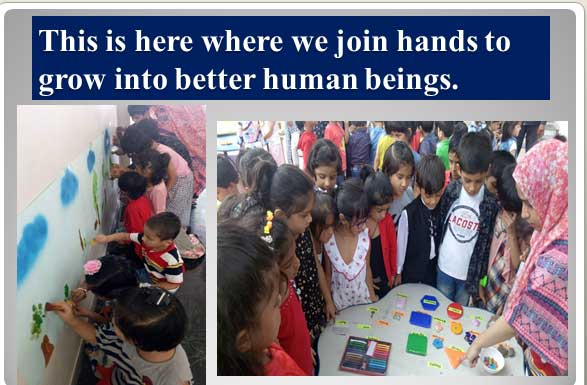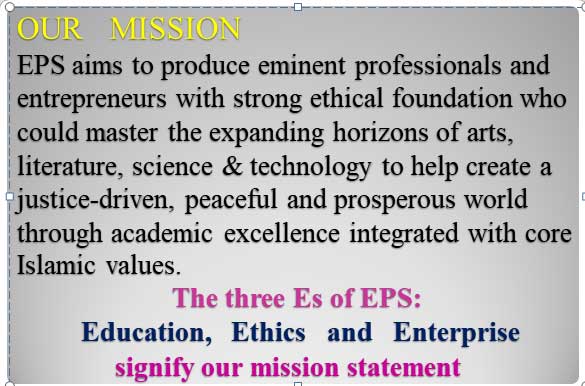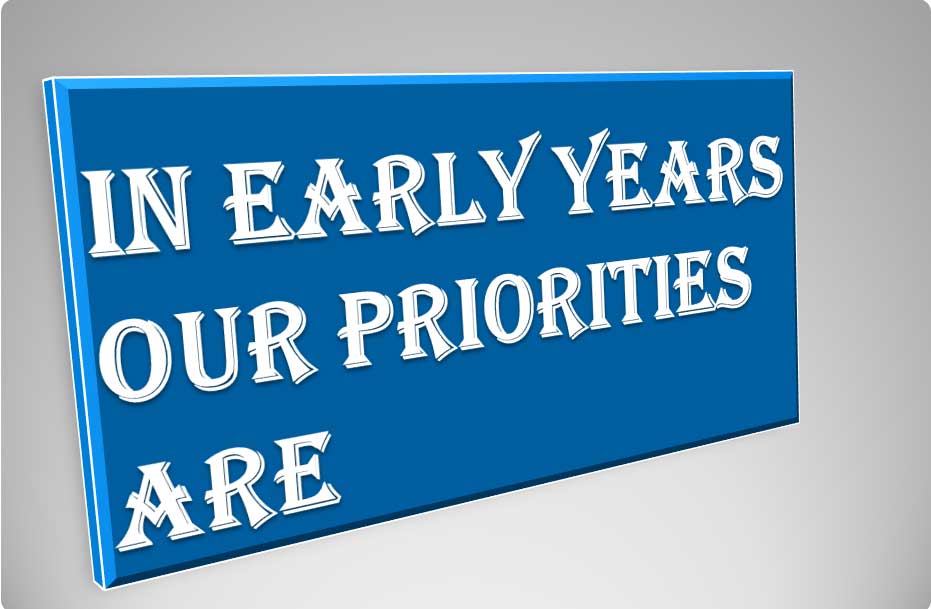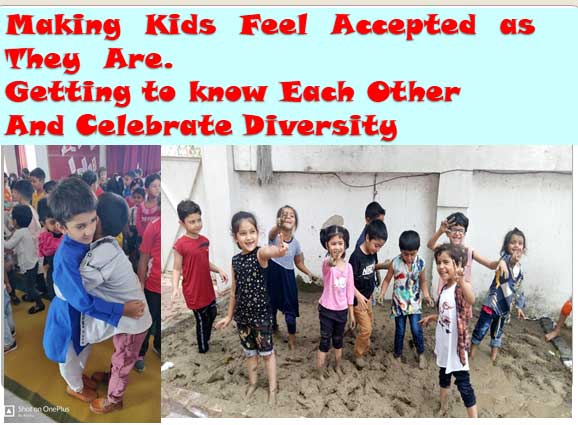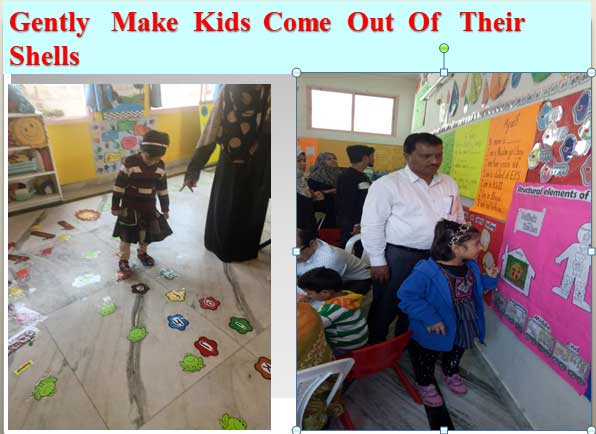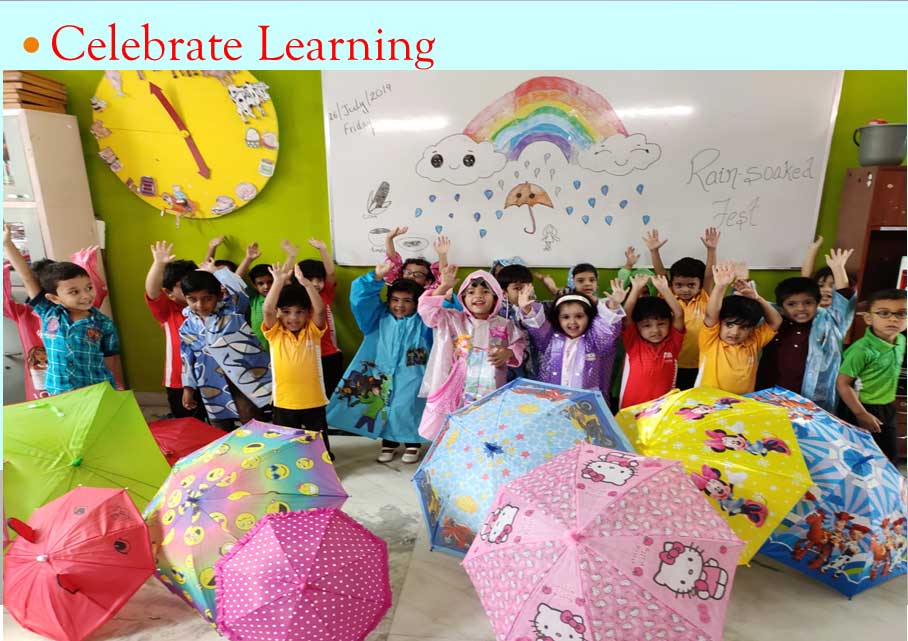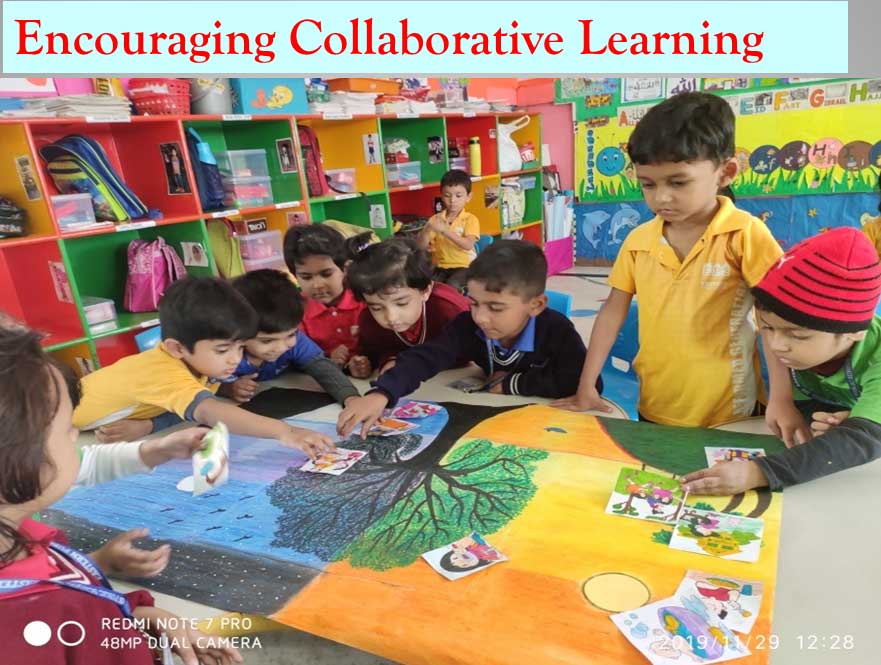The PYP Learner in Early Years [ 3 to 6 years old]
The PYP transdisciplinary framework offers young students authentic opportunities to focus on key developmental abilities.
• The learning community values the early years as a time in which play is the primary driver for inquiry.
• Play involves choice, promotes agency and provides opportunities to inquire into important concepts and personal interests.
• The following features are central to learning in the early years: play, relationships, learning spaces, symbolic exploration and expression
The PYP learner in the early years (3–6 years old)
Laying the foundation
Experiences during the early years lay the foundation for all future learning. A rapid rate of development during the early years occurs in the physical, emotional, social and cognitive domains. The brain and body develop faster than at any other point in a child’s life. Social development also takes shape in these early years as children are naturally inclined to explore, to discover, to play, and to make connections between self, others and their entire surroundings. Through these interactions, children form their perception of
themselves and others in the world (Rushton, Juola-Rushton 2010).
Supporting children cognitively, socially, emotionally and physically requires that all members of the learning community value these early years in their own right, as a time in which play is the primary driver for inquiry. Through play, young children develop approaches to learning and connect with key domains oftheir development.
- Receptive and cognitive abilities (for example, listening, remembering, thinking, analysing, generating theories, the control of attention and working memory)
- Representational abilities (for example, using symbolic systems—such as oral and written language, drawing and mathematical symbols—to construct and represent meaning)
- Relational abilities (for example, the ability to play with peers, sharing and taking turns, and respecting others)
The PYP transdisciplinary framework is highly relevant for all learners during this period. It offers authentic opportunities to focus on the key developmental abilities that are acquired during this crucial time and that support young students to be self-regulating learners. The transdisciplinary themes offer authentic contexts for students to learn increasingly complex ideas about themselves and the world around them. Central ideas related to “Who we are” support young children to learn about identity, relationships, well-being and what it means to be part of a community. “How we express ourselves” relates to discovery, creativity and the expression of ideas and feelings.
- Trans-Disciplinary Model
- Concept-Based Teaching
- Student-Led Constructivist Approach
- Inquiry-Based Learning
- 21st Century Skills Development
- Language
- Mathematics
- Arts
- Personal, Social, Islamic Education
- Physical Education
- Who we are
- How we express ourselves
- How the world works
- Sharing the planet
- Where we are in place and time
- How we organize our selves
- Numbers
- Shapes and Space
- Patterns and Functions
- Data Handling
- Measurement
Registration time + Interaction with EYC
- Warm-up exercises
- Rhyme time
- Introduction to New Concepts
- Inquiry Time + Learning /Hands on Activities
- Break
- Writing Time
- Play Time
- Arts/ P.E/ Islamic Studies/Duaa’ & Tafseer
- Story time /Audio-Video
- Formative Assessments
- Summative Assessments
- Reports after completion of every unit of inquiry
- Parent-teacher meeting –Twice a year
- Student-Led Conferences + Annual Learning Festival
| Curricular | Extra-Curricular |
| Sensory Play Day | Eid Celebration |
| Know My City/My Country | Child Safety Day/Fire Drill |
| PTMs | Picnic |
| Annual Learning Fest | Water Play Day |
| Student-Led Conference | Rain-Soaked/ Winter Party |
| Visits/Field Trips | Story Telling/Puppet Show |
| Expert Talk | EY Sports Day |
| Early Years Award Ceremony | End of the Session Parties |
Age at the beginning of the session:
- Nursery: 3+ years
- K.G. I: 4+ years
- K.G.II: 5+ years
Competency Level :
Nursery: Face to face interview with EYC.
K.G.I and K.G. II: Written Competency Level Assessment + Interview.
Timings:
- Monday to Thursday: 9:00 am to 1:00 pm.
- Friday : 9:00am to 12:30pm.
- Saturday and Sunday: Off
Transportation:
- Separate Mini Vans [for EY students only] with Lady Attendants.
- School Diaries /Calendar
- Notices and Circulars
- SMS
- What’s App
- G-mail
- Blog
- Website
- PTM
- Appointments and Visits

